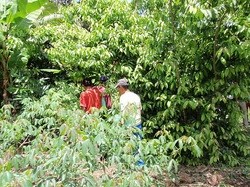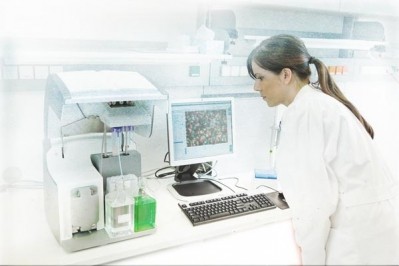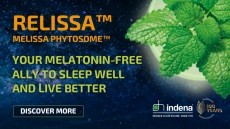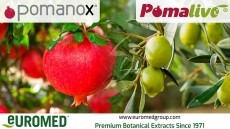Runa Tea launches energy drink based on guayusa leaf

The Clean Energy beverage, which is basically a canned, slightly concentrated version of the company’s existing line of ready-to-drink bottled beverages, features only guayusa, carbonated water, citric acid and natural flavors.
The company, founded by entrepreneurs Tyler Gage and and Dan MacCombie, Runa has created the world's first supply chain for guayusa, supporting more than 2,000 farmers in Ecuador. They’ve built their mission around the benefits of the guayusa leaf, which has been used for years as a source of energy by indigenous peoples of the upper Amazon.
“It’s a super leaf. It’s a member of the holly tree family, and its native to the Ecuadorian Amazon. It’s not technically tea; anything that’s defined as tea comes from a genus called camellia sinensis. Guayusa is its own genus,” Gage told NutraIngredients-USA.
Clean energy right from the leaf
Gage first drank guayusa while studying linguistics in the Amazon as a student at Brown University. "As college students we needed energy but were scared by all of the crazy ingredients in energy drinks," Gage said. "With guayusa we saw a source of energy that tasted great, gave us more sustained energy, and was actually good for our bodies.
“Functionally it has a number of very nice properties. It has a very high caffeine content; when brewed it has as much caffeine as a cup of brewed coffee. Two, it has a very high polyphenol content. On the ORAC scale it has double the antioxidants of green tea. And third, the leaf doesn’t have any tannins, which are what makestea astringent and bitter. So when brewed it makes a very smooth, clean tasting beverage,” Gage said.
“From a sourcing perspective, it is one of the only tea type beverages that is grown exclusively by independent farming families. We work with a collective of about 2,000 farmers who grow it directly in the rain forest, so it is very sustainable and generates income for these farming communities,” he said.
Runa has had a bottled, ready to drink beverage on the market for more than a year. The company imports the bulk leaf and brews and bottles the beverages at a facility in New Jersey.
The products are in more than 4,000 retail locations so far, mostly in the natural channel. The company is incorporated as a B Corporation which supports a foundation that works toward sustainable development in the communities in Ecuador where the leaf is growth. The products also carry a Fair Trade certification. The company is showing strong growth, Gage said. He expects sales to close in on seven figures this year and to triple next year.
Category under fire
Runa is entering the energy beverage category at a time when it has come under increasing pressure from lawmakers who are seeking more FDA oversight of how the products are categorized, labeled and sold.
Recently, Rep. Ed Markey, D-MA, and Sens. Dick Durbin, D-IL and Richard Blumenthal, D-CN released a report on energy drinks that detailed what it called inconsistencies in caffeine labeling. The report also raised concerns about the potential “additive” effect of other ingredients besides caffeine that are commonly included in the products.
Gage said Runa is clear about its products. The products are sold as beverages, the ingredient list is short and the caffeine is on the label.
“In terms of caffeine, one of the Clean Energy cans has about 120 milligrams of caffeine.
"Comparatively speaking we say that’s about how much is in a cup of coffee. On all of our products we label the caffeine content; we value transparency and we want to have that information available to consumers,” Gage said.














